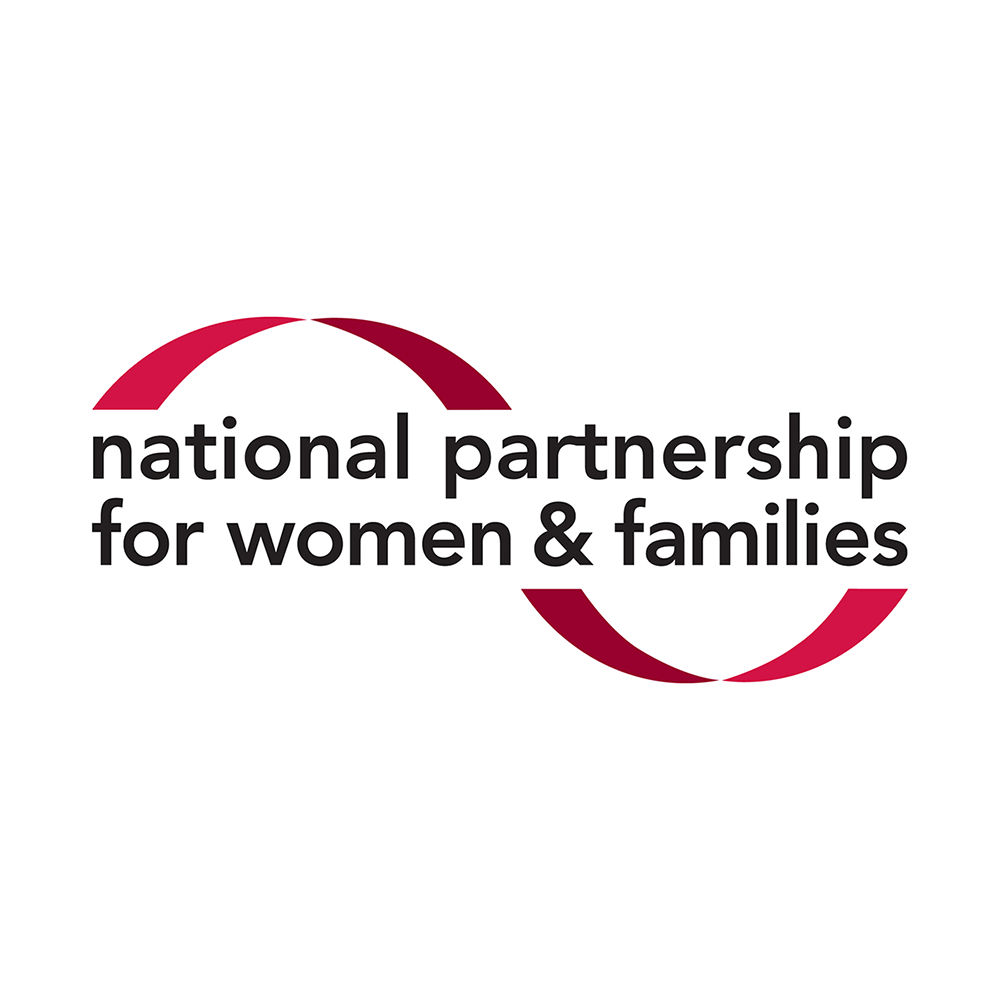According to new national survey data released by the National Partnership for Women & Families, only 14 percent of women working in the fast food industry say they have access to paid sick days. That means that as many as 86 percent of women employed at fast food restaurants may have to choose between going to work sick – and risking their own health and the health of the public – or staying home and losing income or even their jobs. And, according to the poll of fast food workers nationwide which was conducted by Hart Research Associates in the fall of 2016 and released for International Food Worker Week, among workers who are paid less than $9 per hour, a mere 6 percent say they can earn paid sick time to recover from an illness or care for a sick child.
The inability to earn paid sick time can have serious, negative consequences for all workers, but especially for women, who make up the majority of the fast-food workforce in the United States – and who are key breadwinners for their families.
Workers without paid sick days and their families can face devastating consequences. For a typical family in which breadwinners do not have paid sick days, losing income for just 3.5 days of work can jeopardize an entire month’s grocery budget. And calling in sick can mean risking workplace discipline or even job loss. In fact, one-fifth of women workers report that they have faced job loss because they needed to take time off due to personal or family illness.
And when working parents don’t have access to paid sick days, it can mean sending a sick child to school, possibly lengthening or worsening sicknesses and risking the spread of contagious illnesses to classmates and teachers.
Communities also suffer when workers don’t have paid sick days. Seven in 10 of the women fast food workers surveyed reported going to work with troubling symptoms that could jeopardize public health. Those who doubt the seriousness of the problem need only look at the H1N1 flu pandemic in 2009, when eight million workers went to work sick and possibly infected seven million of their co-workers.
Unfortunately, lack of access to paid sick days is not a problem limited to the fast food industry. Nationwide, more than 41 million private sector workers still cannot earn a single paid sick day, despite unprecedented policy progress at the state and local levels. Thirty-nine jurisdictions across the country, including seven states, have or will soon have laws guaranteeing workers access to paid sick days. The two most recent states to adopt paid sick days laws – Washington and Arizona – did so by ballot, with the support of nearly six in 10 voters in each state. The need – and clear public support – for lawmakers to address this problem is undeniable.
To learn more about how to get involved in the fight for paid sick days at the local, state and federal levels, contact me.



